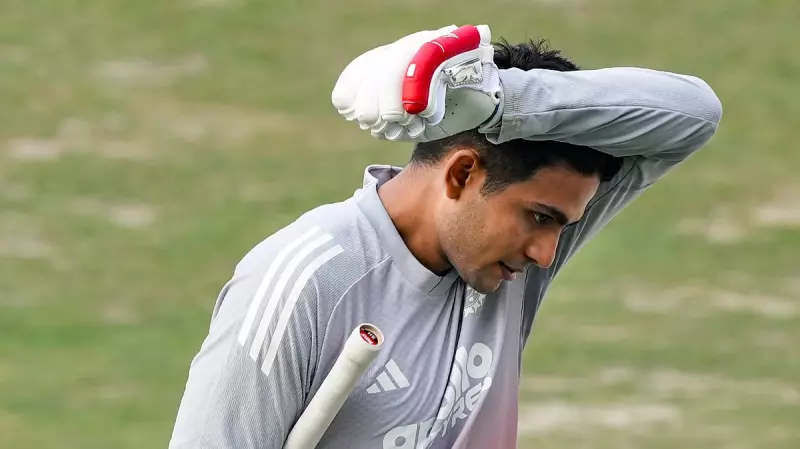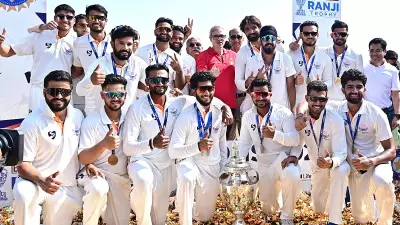
Gill Speaks Candidly About Cricket's Mental Demands
Indian cricket star Shubman Gill has openly discussed the mental challenges that come with the sport's packed international calendar. The young batsman admitted that managing the constant pressure and travel has been a significant learning experience in his career.
The Reality of Modern Cricket Schedules
In a recent interview, Gill revealed that mental fatigue has become a genuine concern for players navigating back-to-back series and tournaments. The 24-year-old emphasized that learning to manage his workload remains an ongoing process that requires constant attention and adjustment.
The relentless nature of international cricket means players have little time to recover between matches, leading to both physical and mental exhaustion. Gill's comments highlight a growing concern in modern sports where the calendar leaves minimal room for players to recharge.
Preparing for the South Africa Challenge
Looking ahead to the upcoming Test series against South Africa, Gill acknowledged the formidable challenge that awaits the Indian team. He described the Proteas as a well-rounded side that will test India's capabilities in all departments of the game.
The South Africa Test series, scheduled to begin soon, represents one of cricket's toughest away assignments. Gill emphasized the importance of mental preparation alongside physical readiness when facing such a complete team in their home conditions.
Gill's comments come at a time when player welfare and mental health in cricket have gained increased attention worldwide. Several international cricketers have recently taken breaks from the game to manage mental fatigue, highlighting the sport's demanding nature.
The talented batsman's openness about these challenges provides valuable insight into the realities faced by modern athletes. As cricket continues to expand with more formats and competitions, finding the right balance between performance and well-being becomes increasingly crucial for players' long-term success.






